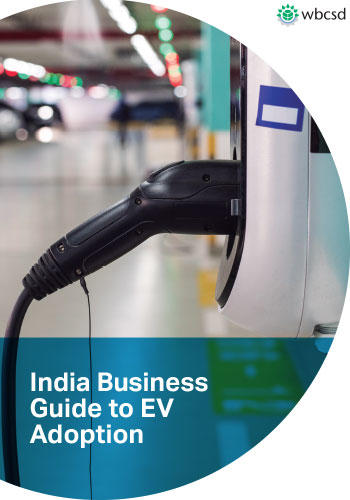
While the country is investing in public transport and infrastructure, the demand for personal mobility using two, three and four-wheelers is growing at a rapid pace – often faster than the speed at which public infrastructure and mass-transport is deployed. Urban commuting has become one of the most energy- and pollution-intensive activities in India.
India is home to 22 of the world’s 30 most polluted cities,1 and road transport is one of the fastest-growing sources of carbon emissions. For the world to stay within a 1.5°C increase in average temperature as set out in the Paris Agreement, the transport sector must be rapidly decarbonized. The speed of adopting zero-emission vehicles and renewable energy in a large country like India can have a meaningful impact on global decarbonization efforts.
Indians bought 26 million new vehicles (including 3.4 million passenger cars) in the period between April 2018 - March 2019. These sales were almost completely dominated by internal combustion engines (ICE). The World Business Council for Sustainable Development (WBCSD) is working with India’s mobility value chain to help accelerate the adoption of electric vehicles so that businesses can be a part of the solution to India’s urban pollution and emissions challenges.

